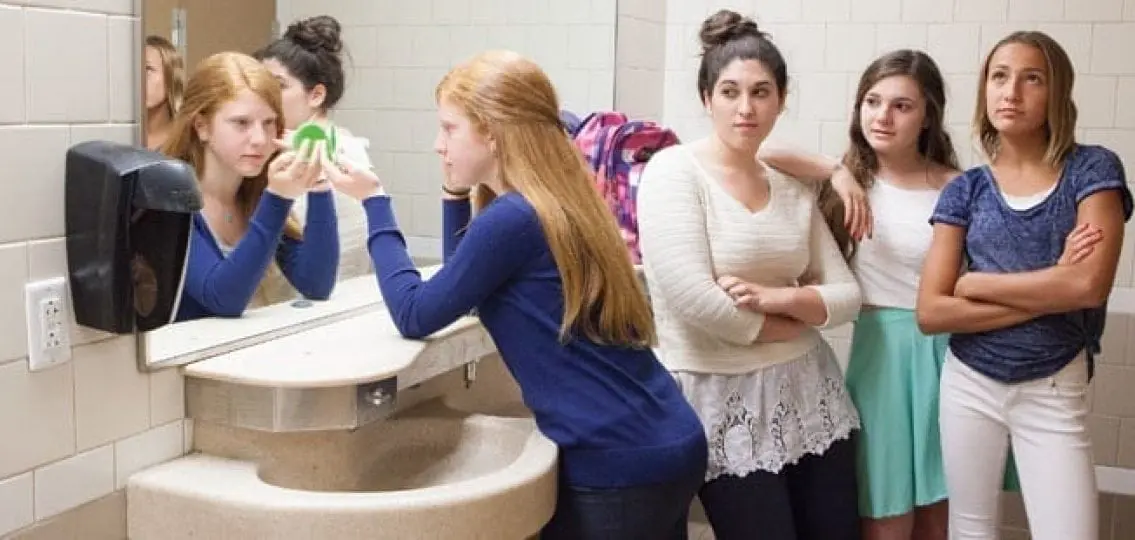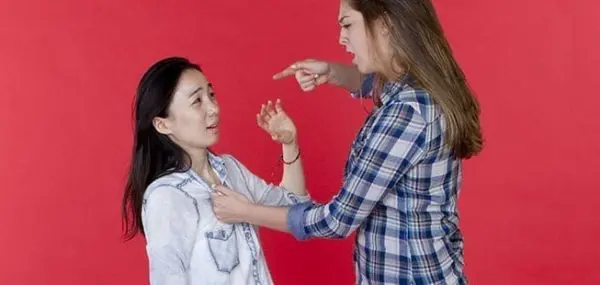Try-hard. Noun. Definition: A person who puts too much effort into accomplishing a goal.
Try-hard is a new addition to the world of slang and it’s intended as an insult. Kind of like the old “teacher’s pet,” it’s a term assigned to those who turn their essays in early, have extracurricular activities after school, or students who just stay on top of things.

Basically, any situation that involves real effort can result in this insult. It’s becoming more popular, especially for young teens. It may seem like a harmless fad that will diminish soon enough, but most teachers and parents don’t realize the tremendous impact this term can have on a teen.
I speak from personal experiences, as I’m the typical nerd in my school.
While others can’t resist the latest social media challenge, I can’t resist a sci-fi novel. I keep my grades in check, have crazy yet loyal friends, and I try to ignore what’s popular among my peers.
Although I have little knowledge about the latest pop stars, I can recite every Greek myth. And while I enjoy pop culture, I’m not fully immersed in it. My quirky interests made me a prime target for bullies who call me a try-hard.
When I first heard the term, I didn’t fully understand it. How could attempting my best in school result in a put-down? Snickers behind me at lunch made my cheeks flush and I was filled with doubt. Middle school is hard enough without finding new words to tear each other down, but what hurt the most was being ridiculed for the very things that make me, well, me.
I was left to wonder: if they don’t like those parts of me, who am I? I’d beg my literacy teacher to let me eat with her. I started hiding my test papers in my folder, not wanting the people around me to see my results. My frequent visits to the library decreased, knowing a book in my hands would make me a target for insults.
Despite these changes, people still labeled me as a try-hard.
I soon realized that I was only making things worse for myself. I was missing out on books, my friends, and taking pride in my own academics.
When I finally looked up the definition of try-hard, I was shocked that it described the term as “trying too much to complete an objective in life.” Isn’t that what we should all strive to do? Imagine if your doctor, who is in charge of your health, didn’t try hard at their job? What if an attorney didn’t try hard to present your side of a case?
Too many of us forget the importance of trying hard. We get caught up in the moment, trying to fit in, chasing popularity, or hiding out. Sadly, try-hard isn’t just a put-down that’s going around school, it’s something that can stop us from achieving our full potential. What if someone’s opinion sets a teen on a different path than they were destined for? What if the insecurities prevent them from becoming the person they want to be?

Instead of being perceived as something negative, try-hard should be something inspiring.
Maybe if we could strip this word of its insulting connotation, we could prevent teens from doubting their dreams, like I did. In reality, being a try-hard is not entirely an undesirable notion, despite how people try to make me feel. Rather than everyone trying to be the same to fit in, we should all try-hard to celebrate our different interests and talents.
We should all try-hard to be the people we want to be.





